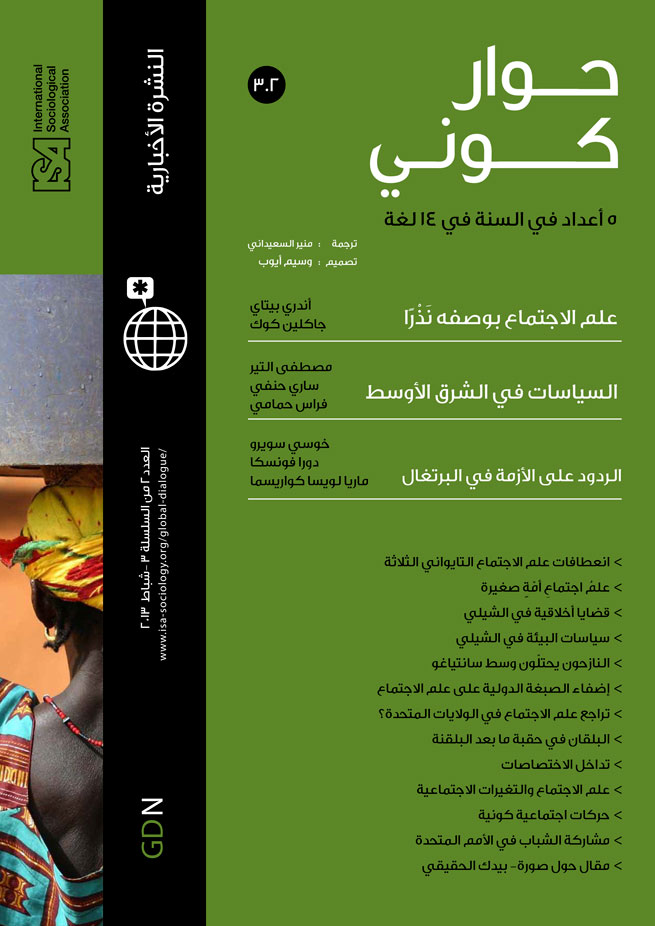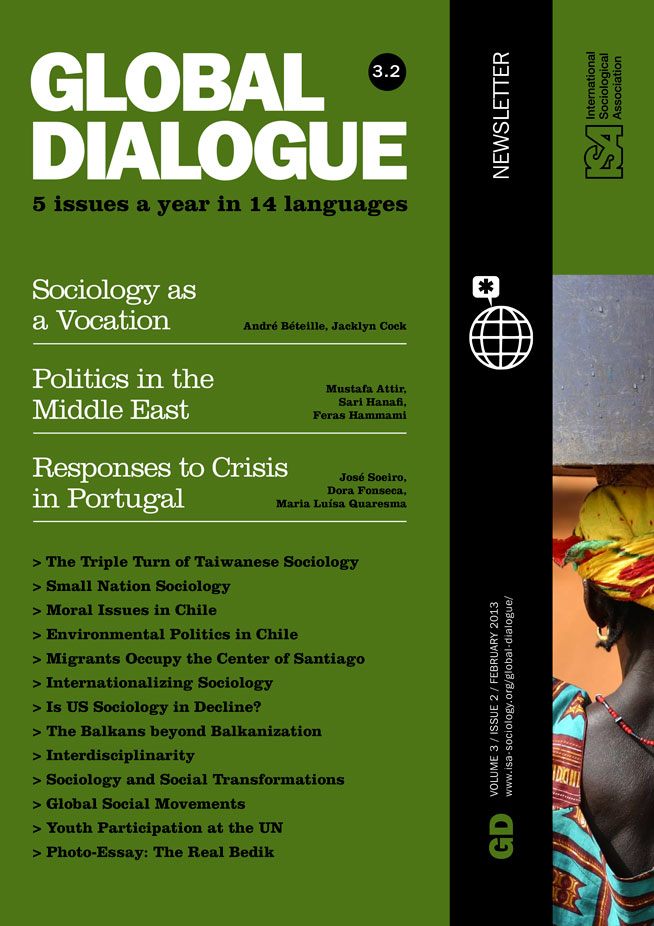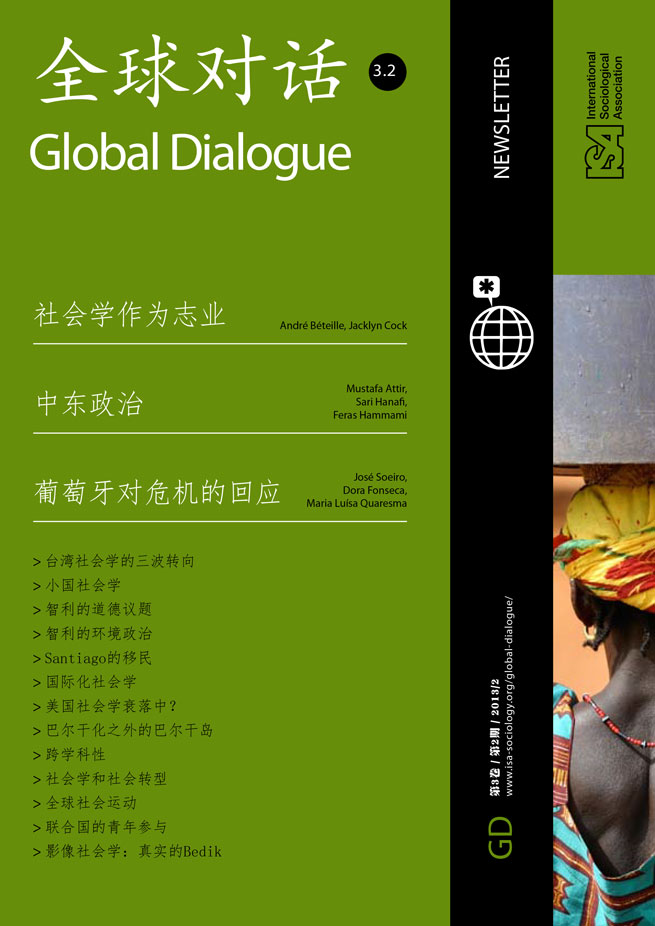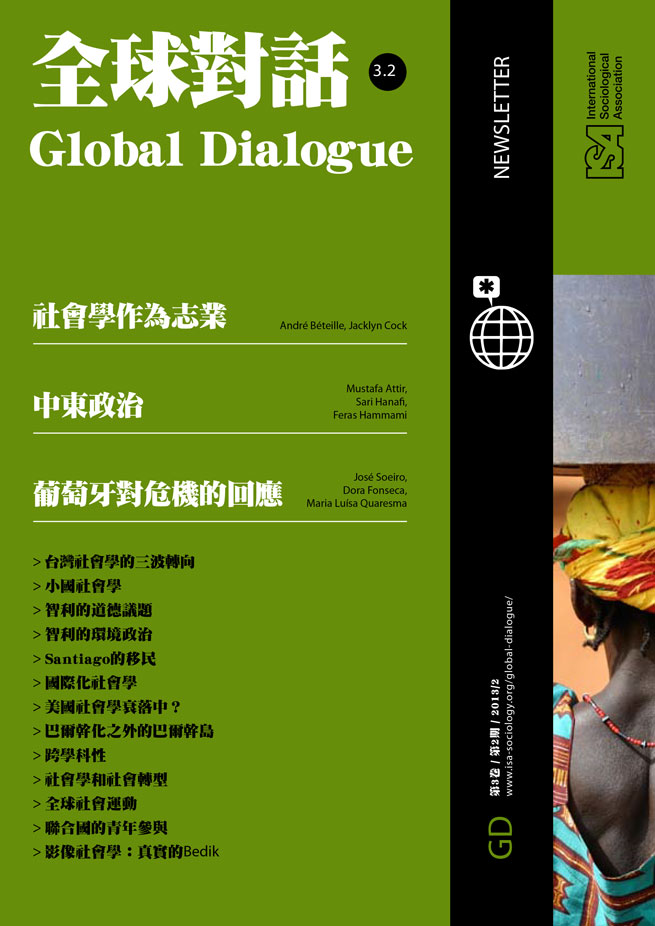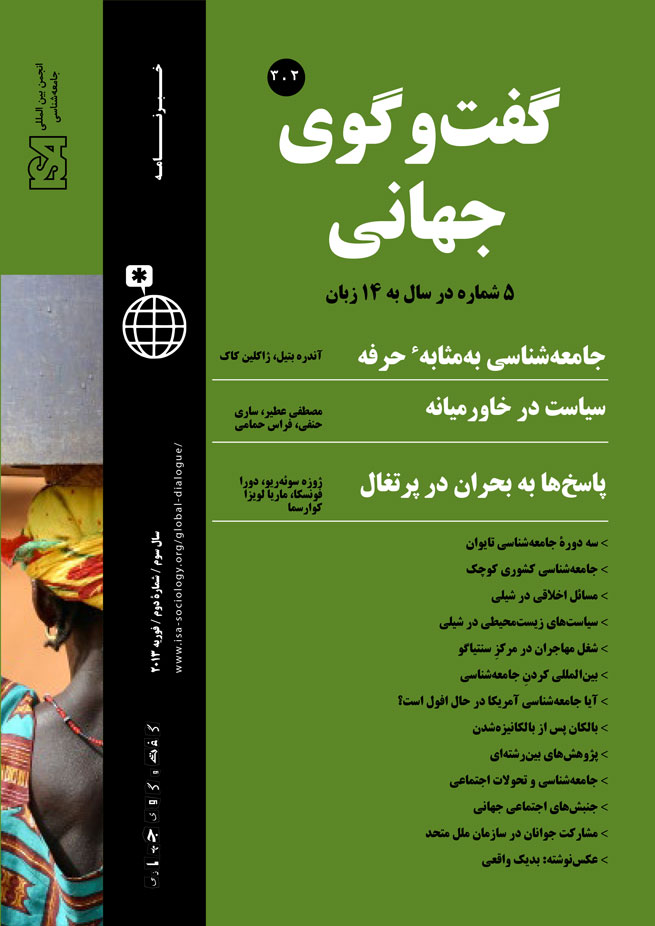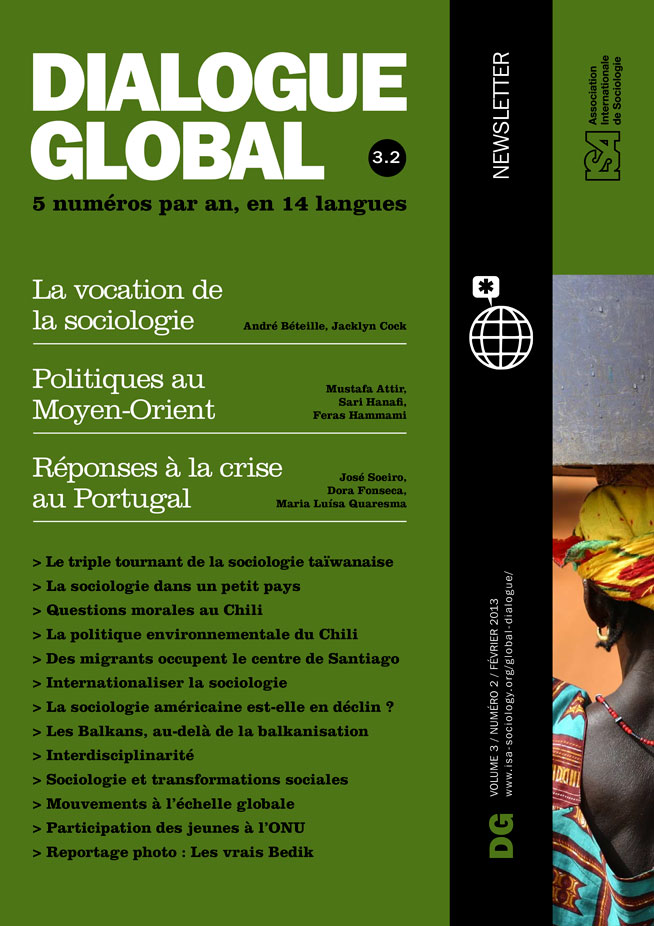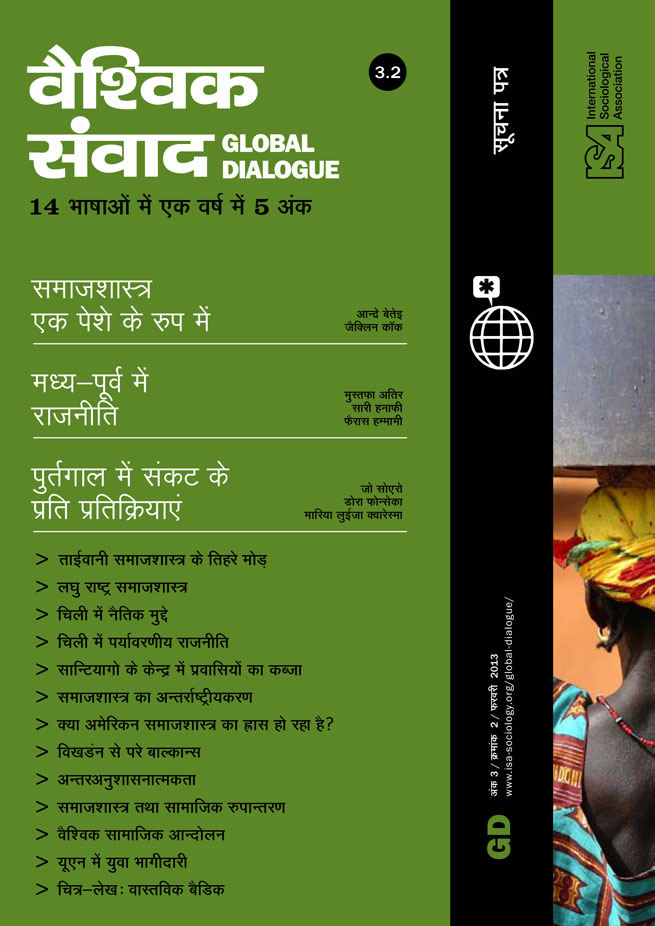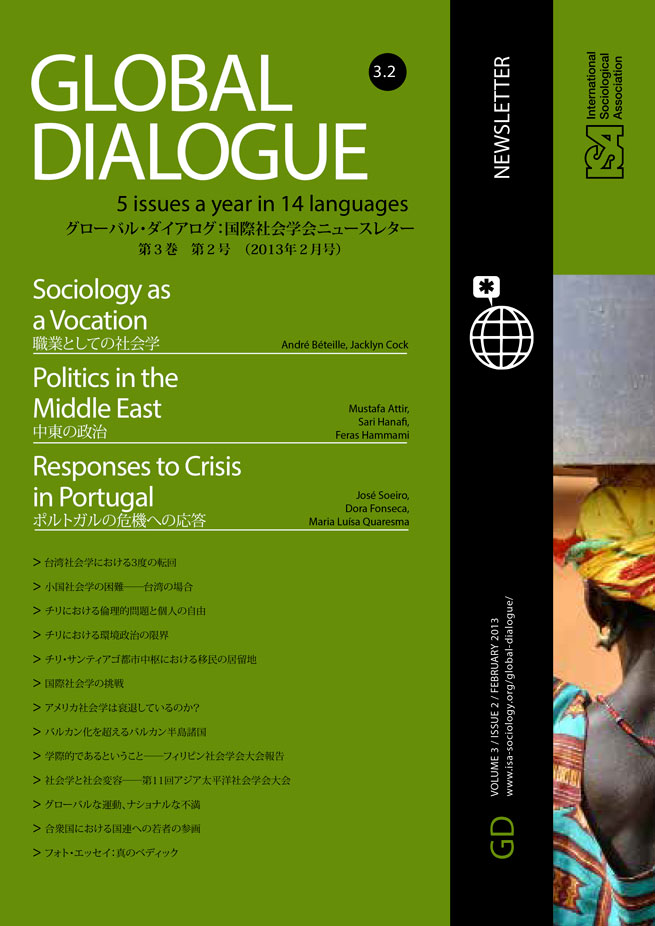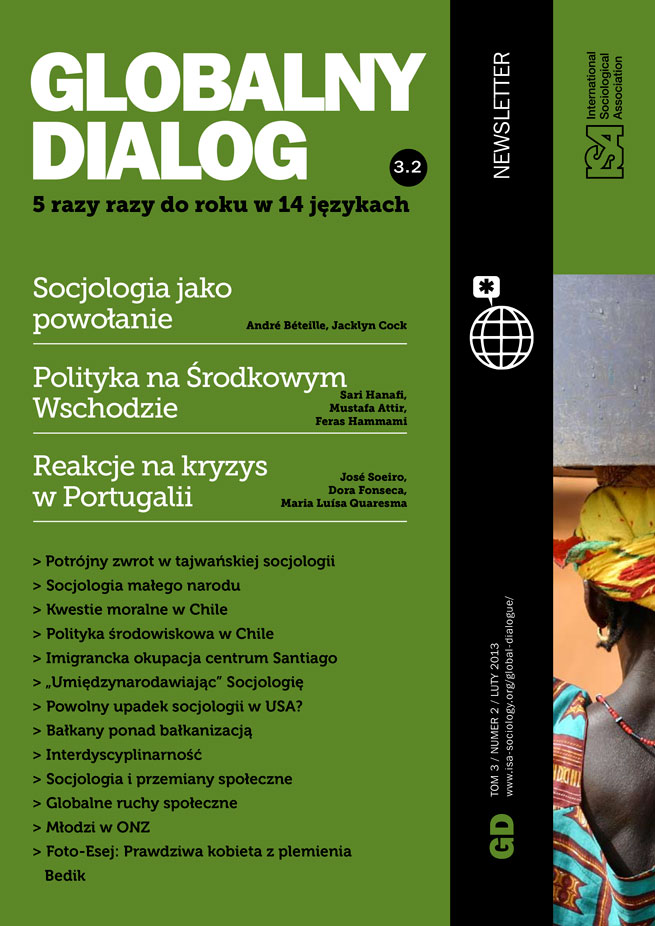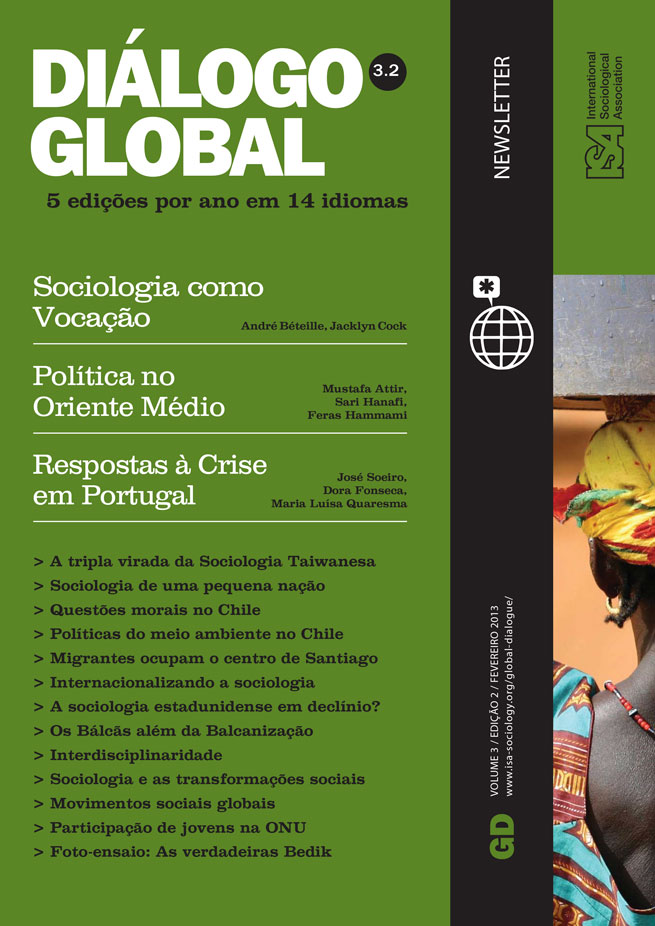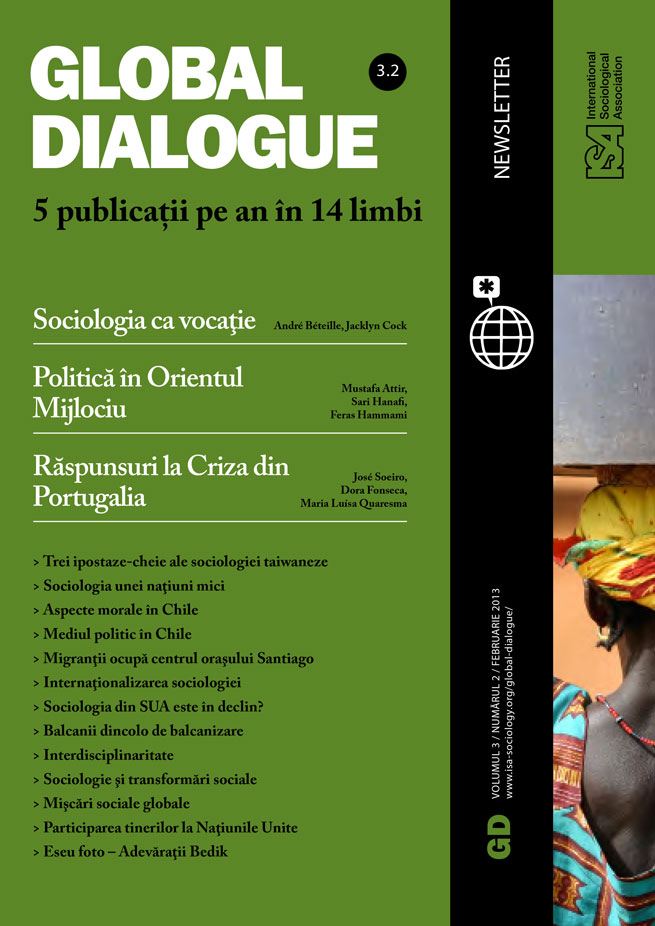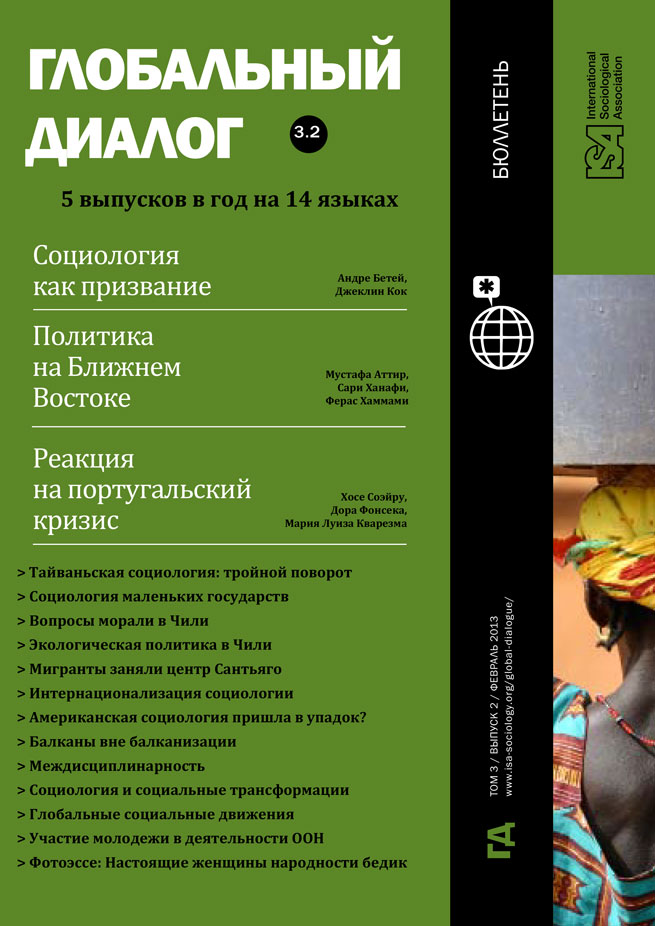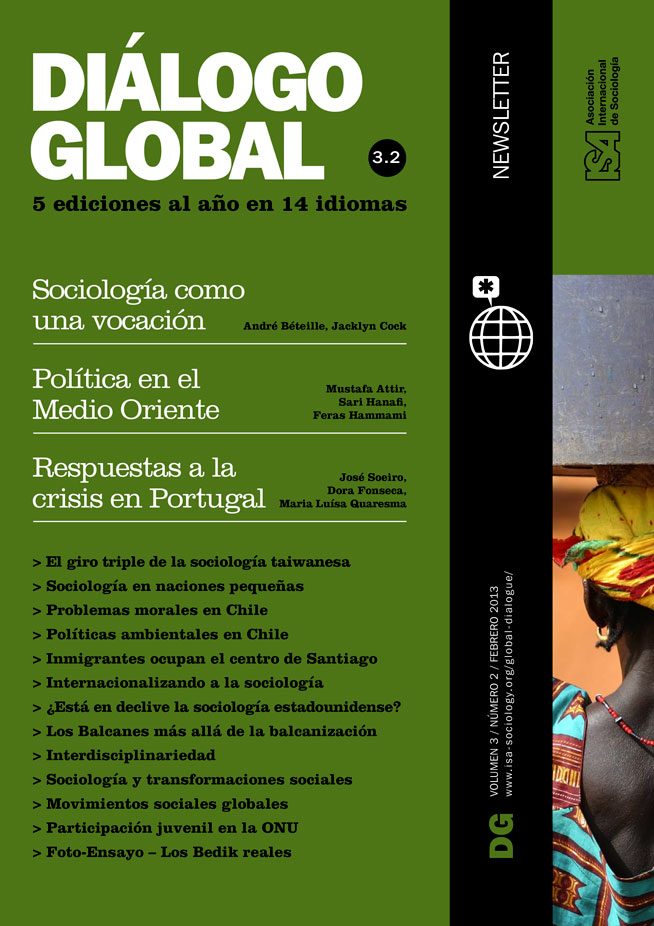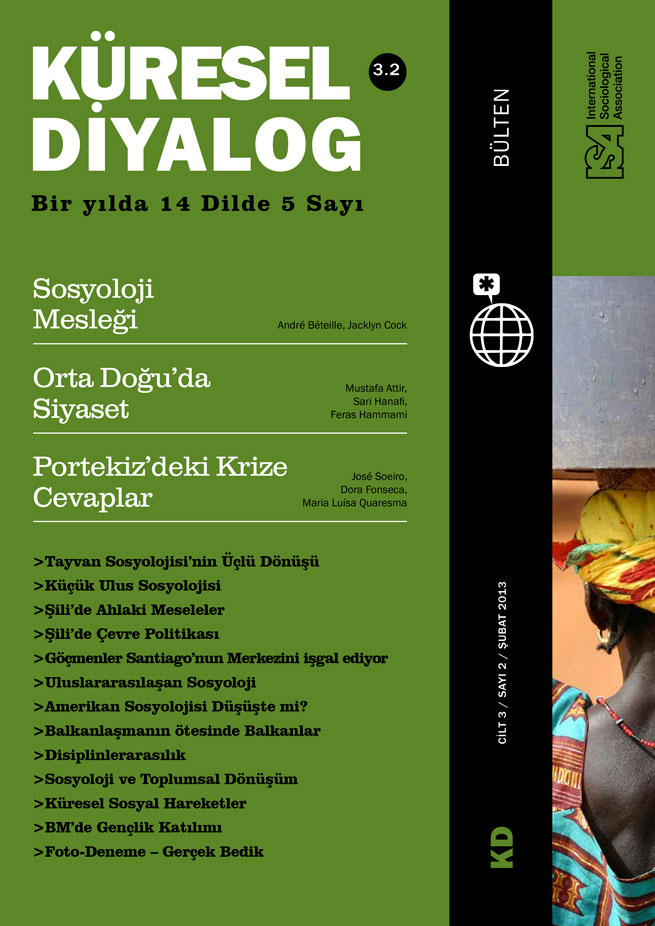Moral Issues and Individual Liberties in Chile
February 15, 2013
“What counts as common morality is not only imprecise but variable”
(Seyla Benhabib, 2004)
Over the past decades Chile has seen social reforms in health, education, pensions and the labor market. Undoubtedly, these reforms have contributed to the development of a more inclusive and more equal society. Much more needs to be done, however. Enormous challenges are pending concerning issues of personal autonomy, economic equity, political participation, and protection against discrimination. A mature democracy requires advances in all these areas, and the social sciences have a role to play through the production of knowledge that might help to disentangle social disputes by, for example, reducing indifference, misunderstanding, or mistrust.
In Chile social disputes where the moral element is key are called “value disputes” (disputas valóricas). Public debates around the right to euthanasia, divorce law, the legalization of abortion, or the rights of sexual minorities belong to this category. In Chilean society, most of these public controversies have emerged around the law. Because the discussion of these bills requires a debate on the rights and duties of members of a community toward one another, their study can tell us a great deal about a society’s moral culture. It can reveal, for example, prevailing ideas of the good and the fair and their social distribution, the sources of moral norms, and the procedures used in moral deliberation.
With the recovery of democracy, Chilean society also began to propose and discuss different reforms oriented towards broadening individual liberties and reducing public interference in people’s lives and decisions. If, in the majority of Western European societies, abortion inaugurated many of these moral debates and the issue of euthanasia came subsequently, in Chile, claims for constitutional reforms of this sort began in the early 1990s with the question of sexual education, followed by a nine-year debate about a divorce law (only approved in 2004) and, then, by six different legal initiatives to regulate “death with dignity” and establish the right to euthanasia – a discussion spanning the years between 2000 and 2012. Debates continue today around the rights of sexual minorities and the “morning-after” contraceptive pill. A society gets involved in these types of disputes when the broadening of individual rights and the fight against discrimination become political projects. Whereas some Chileans celebrate these demands as a sign of moral maturity, others deplore them as a sign of a disturbing permissiveness, of moral decay, and even of crisis.
I have reconstructed and analyzed the regimes of justification and critique deployed in the controversy aroused by legal initiatives to regulate euthanasia and “death with dignity” in Chile.[1] This was a seminal legal and moral debate. Recent developments in biological and biomedical research have created new possibilities for intervention, manipulation, extension, improvement, and ending of human life, redefining its very meaning. The cases of euthanasia alongside in vitro fertilization, cloning or wombs for rent, show us that there continue to be socio-technical controversies of similar structure and content, posing moral challenges.
The analysis of this controversy revealed a divide between two moral principles: the patient’s autonomy and the inviolable nature of life. Those defending the right to euthanasia see it as a voluntary, positive act demanded of a physician by a patient in unbearable and irreversible pain. Those opposing the proposal enlarge the scope of the act beyond the medical context and include passive euthanasia or the act of letting die by omission of necessary treatment. But the debate went beyond the weighing of these principles to include the very description of the situations to be regulated by law: the nature of death and the notions of assisted suicide, ordinary or extraordinary treatment, terminal patient or palliative care were all under debate. Thus, the controversy involved not only the values citizens are willing to defend, but also the socio-political construction and use of allegedly discrete technical facts, and the intertwining of morality and science in these “late modern” times.
[1] I interviewed Members of Parliament, and bioethicists involved in the controversy, studied the legal proposals and their discussion in Parliament, and examined coverage in academic articles and newspapers.
Oriana Bernasconi, Universidad Alberto Hurtado, Santiago, Chile

